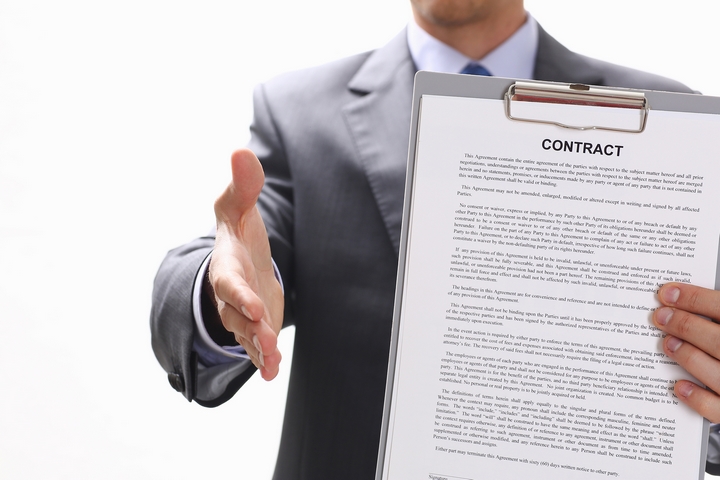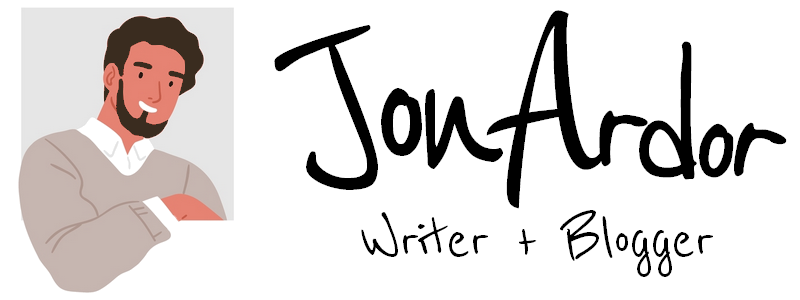6 Quick Facts About Commercial Lawyers

Commercial lawyers are specialized lawyers who study business law. They work primarily for companies either directly for one company or within a law firm with multiple corporate clients.
Commercial lawyers can work on an assortment of different legal tasks, and there are many reasons why a company would need to hire one.
1. What does a commercial lawyer do?

Commercial lawyers can create or edit legal documents like contracts and agreements to make sure they are complete, legally sound, and will serve the intended purpose. They can also be a part of different types of negotiations, for instance if a company is merging with or acquiring another business.
Essentially, if there are legal needs surrounding a business transaction of sorts, a commercial lawyer will make sure it goes as smoothly as possible.
2. Commercial lawyers for new businesses

Whether the owner of a new business decides to hire an in-house attorney or hire a commercial lawyer from a law firm is really irrelevant. What is important is that they have someone available to help with business decisions and transactions.
The biggest mistake many new business owners make is to skip out on paying a commercial lawyer for their expertise in order to save money. This decision can cost much more in the long run.
3. Commercial lawyers can read between the lines

Commercial law is a specialty, which means these lawyers have been trained to catch any problems in legal documents that may be disadvantageous for a company.
Alternatively, they will ensure that any legal documents the company is creating and sending out have been vetted for loopholes, inconsistencies, ambiguities, or any issue that the untrained eye would easily miss.
Legal wording needs to be precise, and business owners shouldn’t assume they can take care of it on their own, or they could miss some very crucial errors.
4. What to look for in a commercial lawyer

Not all lawyers are trained in business or commercial law. It is important that companies find a lawyer who has been trained in this type of law and knows the ins and outs of the laws and language well. Not just any lawyer will do here.
Companies need to find a commercial lawyer who shares their priorities and values. Whether it is a permanent hire or a contracted lawyer, it is important that their personality fits with that of the company and the people they will be working with.
Although maybe not quite as crucial, it could also be a good idea for companies to look for a commercial lawyer who is familiar with their industry. This will mean that the lawyer will have a bit of an extra edge against a lawyer who isn’t as familiar with the way a business in that industry works.
5. Keep it consistent

Unless absolutely necessary due to a lack of compatibility, it is recommended that companies stick with the same commercial lawyer, or at least the same firm. This will save time and money, as the lawyer will already be familiar with the business and can get right to work on the issue at hand in any particular situation.
6. Paying your lawyer

Of course, if the lawyer is in-house they will be paid either hourly or on salary, however if the lawyer is hired on a case-by-case basis from a law firm they won’t be on your payroll.
Most commercial lawyers charge by the hour. This can be anywhere from around $350 to $800. Lawyers will often negotiate these rates, and you can also try working out a fixed rate deal with them based on the type of work they are expected to do.
